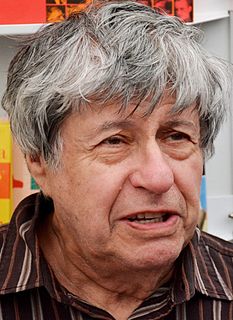A Quote by Pico Iyer
A book doesn't have to be a literary classic, of course, to change us forever.
Related Quotes
Like Richard Ellmann on James Joyce, Arnold Rampersad on Ralph Ellison is in a class of its own. His masterful and magisterial book is the most powerful and profound treatment of Ellison's undeniable artistic genius, deep personal flaws, and controversial political evolution. And he reveals an Ellison unbeknownst to all of us. From now on, all serious scholarship on Ellison must begin with Rampersad's instant and inimitable classic in literary biography.
Every few seconds a new book sees the light of day. Most of them will just be a part of the hum that makes us hard of hearing. Even the book is becoming an instrument of forgetting. A truly literary work comes into being as its creator's cry of protest against the forgetting that looms over him, over his predecessors and his contemporaries alike, and over his time, and the language he speaks. A literary work is something that defies death.
I want my books to exist in the literary world, not only in the art world. I am interested in having a dialogue with other writers, and the readers of those writers. Someone who is reading a book of mine might not have visited my exhibitions related to it, but can still have a full, literary experience with that book. This would be a completely different experience from stepping into the show, not having read the book. One form is not illustrative of the other.
I've heard people ask, What's so sacred about a classic books that you can't change it for the modern child? Nothing is sacred about a classic. What makes a classic is the life that has accrued to it from generation after generation of children. Children give life to these books. Some books which you could hardly bear to read are, for children, classic.
Of course, there are those critics - New York critics as a rule - who say, 'Well, Maya Angelou has a new book out and of course it's good but then she's a natural writer.' Those are the ones I want to grab by the throat and wrestle to the floor because it takes me forever to get it to sing. I work at the language.







































